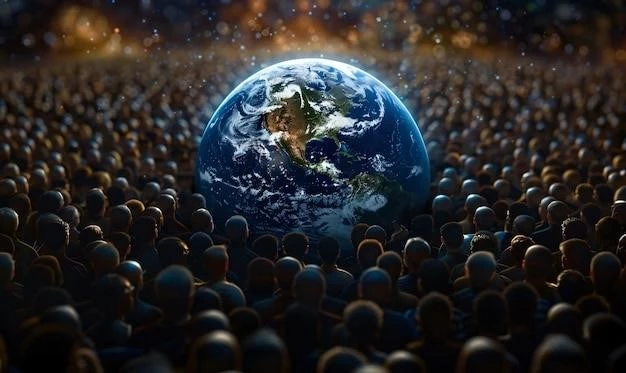The Future of Democracy: Global Trends and Challenges
Democracy, a system of government where supreme power is vested in the people and exercised by them directly or indirectly through a system of representation, has been a cornerstone of modern political thought. However, in the 21st century, democracy faces unprecedented challenges, both internal and external. This article explores the global trends and challenges confronting democracy, analyzing its future prospects and the factors that will shape its evolution.
Global Trends
Several significant trends are shaping the future of democracy worldwide:
1. The Rise of Populism and Nationalism
Populist and nationalist movements have gained traction in many countries, often fueled by economic anxieties, social divisions, and a perceived loss of control over national identity. These movements often challenge democratic norms and institutions, promoting authoritarianism and scapegoating minority groups.
2. Erosion of Trust in Institutions
Declining trust in traditional institutions, including governments, media, and political parties, is a growing concern. This erosion of trust can lead to apathy, disengagement, and a weakening of democratic participation.
3. Technological Advancements and Digital Disruption
Technological advancements, particularly in the realm of social media and online platforms, have created new opportunities for political engagement and mobilization. However, these technologies also pose risks, including the spread of misinformation, manipulation of public opinion, and the erosion of privacy.
4. Global Interconnectedness and Migration
Increased globalization and migration have brought about new challenges for democracies, including managing cultural diversity, addressing economic inequality, and responding to the concerns of marginalized communities.
5. Climate Change and Environmental Degradation
Climate change and environmental degradation pose significant challenges to democracy, requiring collective action and international cooperation. The failure to address these issues can lead to social unrest and political instability.

Challenges to Democracy
The trends outlined above present several challenges to the future of democracy:
1. Polarization and Social Division
Increased political polarization and social division can undermine democratic consensus and make it difficult for governments to function effectively. This can lead to gridlock, instability, and a weakening of democratic institutions.
2. The Rise of Authoritarianism
The rise of authoritarian regimes, both domestically and internationally, poses a threat to democratic principles and values. These regimes often suppress dissent, restrict freedoms, and undermine the rule of law.
3. The Impact of Misinformation and Disinformation
The spread of misinformation and disinformation through social media and online platforms can distort public discourse, erode trust in institutions, and undermine democratic processes.
4. Inequality and Economic Disparity
Economic inequality and disparity can lead to social unrest and political instability, eroding public support for democratic institutions. The failure to address these issues can create fertile ground for populism and authoritarianism.
5. The Erosion of Civil Liberties
In the face of security threats, some governments have resorted to curtailing civil liberties, including freedom of speech, assembly, and the press. This can undermine democratic values and create a climate of fear and repression.

The Future of Democracy
Despite the challenges, there are reasons to be optimistic about the future of democracy. Democratic societies have a strong tradition of resilience and adaptation. Citizens are becoming increasingly aware of the threats to democracy and are mobilizing to defend their rights and institutions. Technological advancements, while posing risks, also offer opportunities for greater transparency, accountability, and civic engagement;
The future of democracy will depend on the choices we make today. To safeguard democracy, we must:
- Promote civic education and political literacy
- Strengthen democratic institutions and processes
- Address inequality and economic disparity
- Combat misinformation and disinformation
- Promote international cooperation and solidarity
Democracy is not a static system but a dynamic process that requires constant vigilance and adaptation. By addressing the challenges and embracing the opportunities, we can ensure that democracy thrives in the 21st century and beyond.










